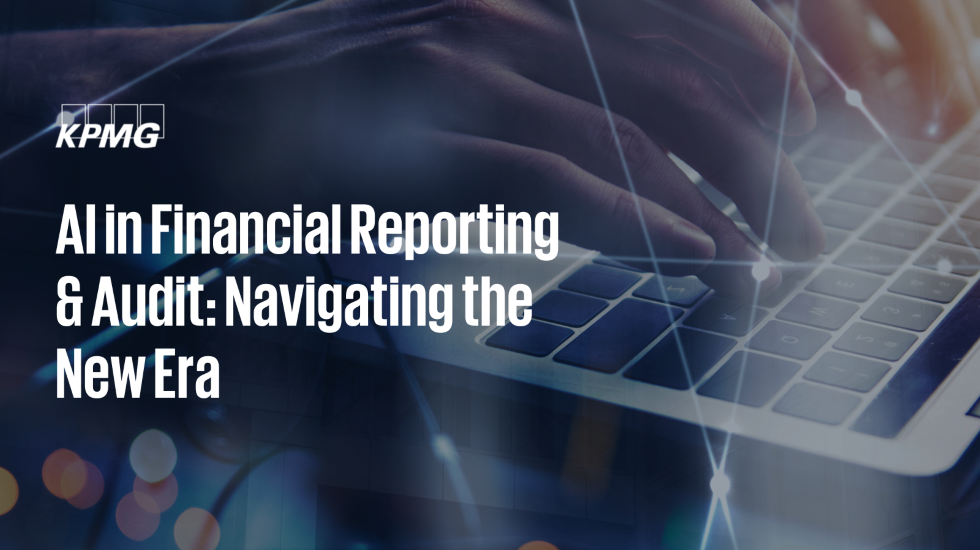Digital transformation is progressing at different paces across the finance function.
“Tax leaders are eager to unlock the transformative potential of GenAI for their tax departments, but the complexity of the current landscape can make this path seem daunting,” said Brad Brown, KPMG US Chief Technology Officer – Tax. “To navigate this challenge and unlock the full potential of AI, partnering with a third-party provider equipped with the right expertise, cutting-edge technology, and robust resources could be the key to success.”
- Over the past six months, US companies have made the most progress using AI in the finance function for research and data analysis (60%), predictive analysis and planning (55%) and fraud detection and prevention (54%).
- Overall, companies have made the most progress in leveraging AI for financial planning (78% piloting or using), followed closely by accounting (76%) and treasury management (64%). This can generate better debt management, cash-flow forecasting, fraud detection, credit risk assessment and scenario analysis in the treasury and risk management functions.
- Approximately half (45%) report progress leveraging AI for tax and operations. Usage here may be lagging for a variety of reasons, including the complexity of tax regulations, a lack of up-to-date data, onerous legacy systems and the reliance on human judgment for many tax-related decisions.
- These differences are reflected in both public and private companies. 81% of private companies report that they are piloting or using AI in accounting, with similar numbers reporting use in financial planning. Among public companies, 75% are piloting or using AI in accounting, though they lag behind private companies for financial planning (77%).



